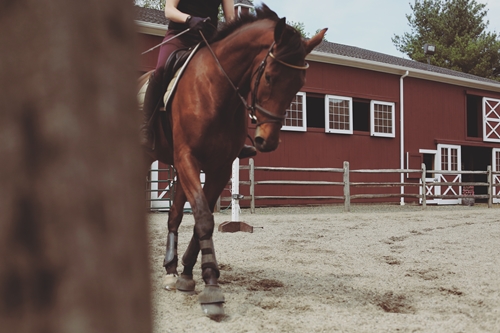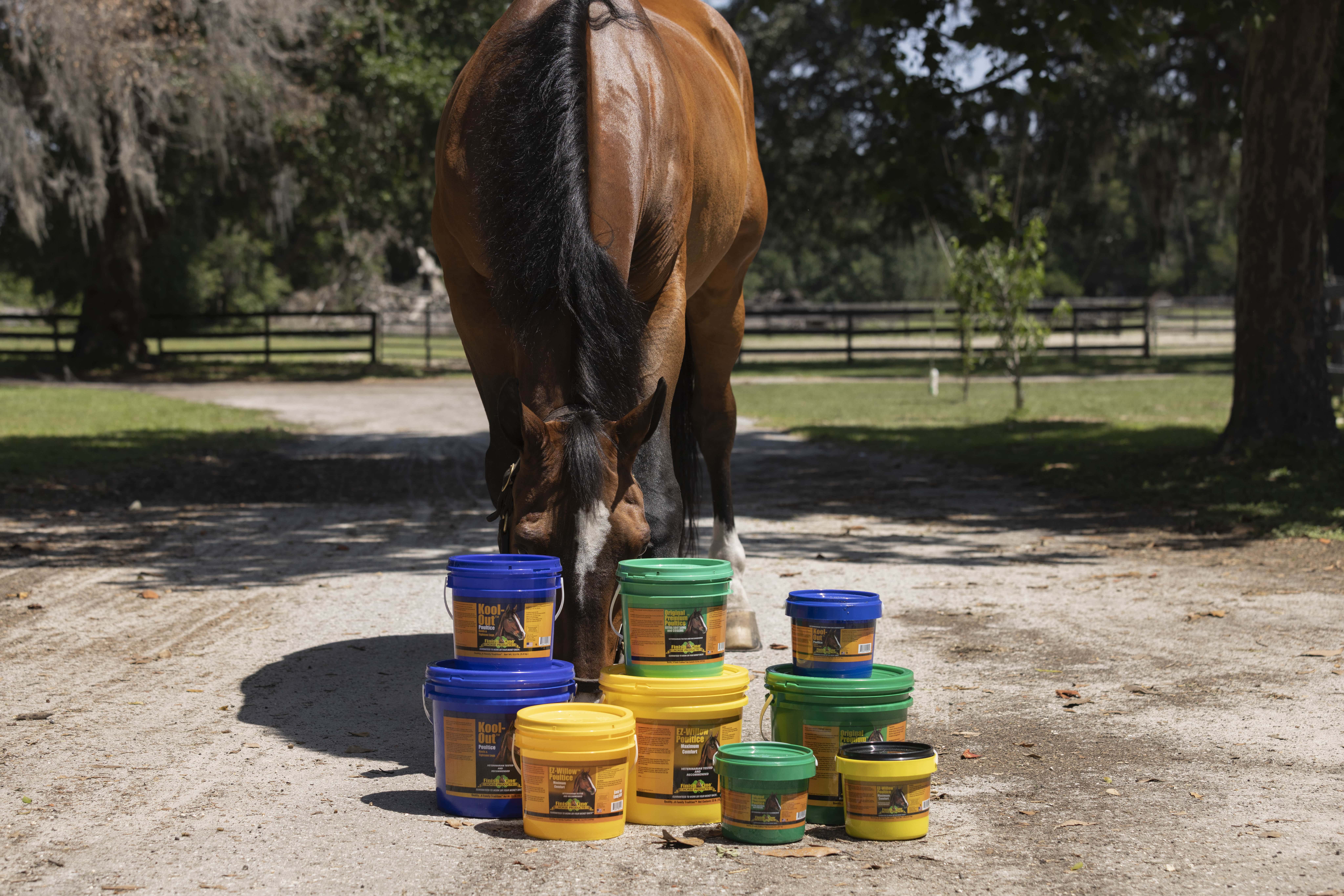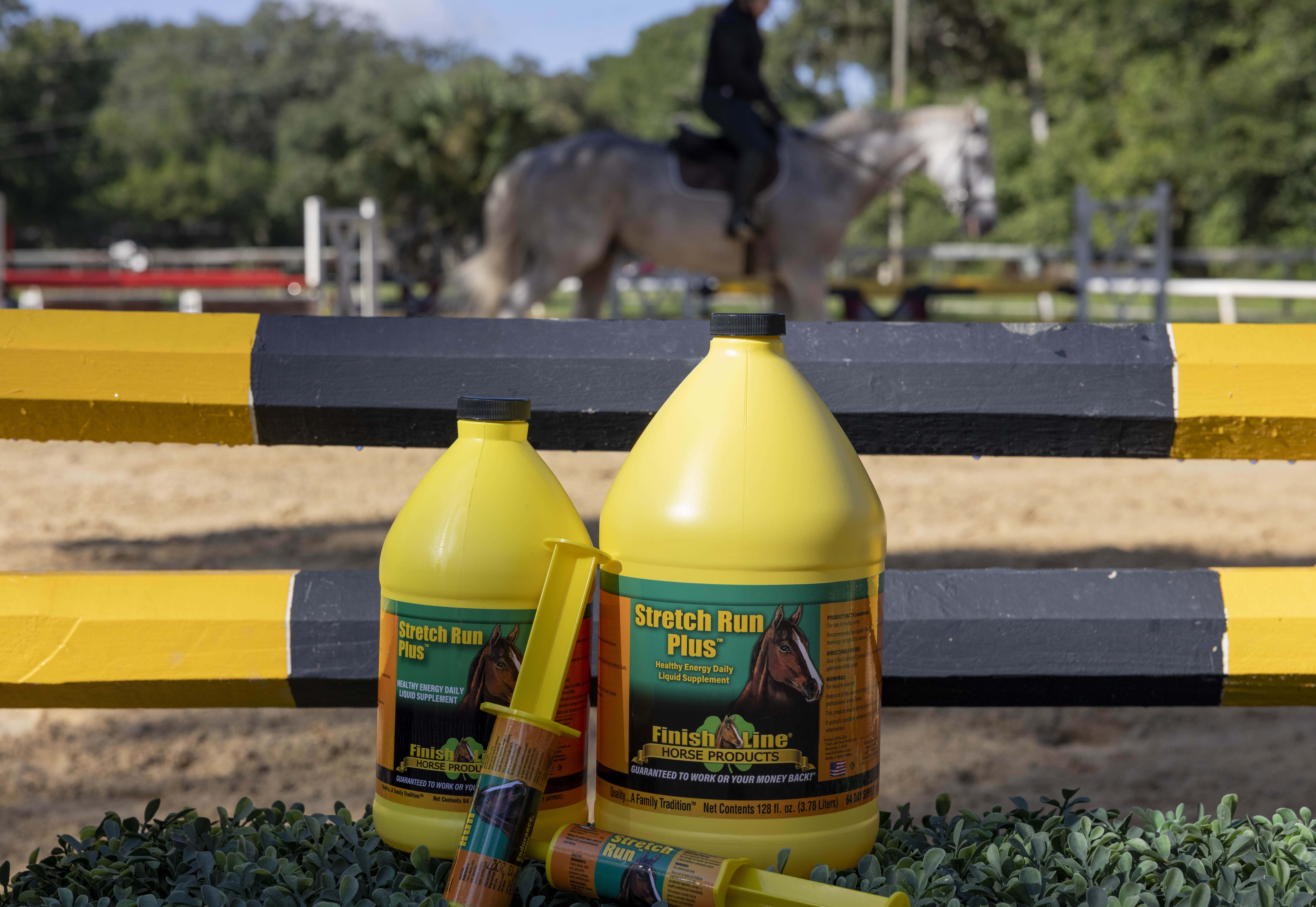Farriers play an important role in your horse’s health. Regular, proper trimming and shoeing keeps the animal’s hooves balanced and sturdy, preventing injuries down the road. Unfortunately, finding a good farrier is tough. Unlike restaurants and clothing stores, there’s no Yelp.com or Consumer Reports for horse hoof care. In lieu of these resources, use these three handy tips to choose the perfect farrier:
1. Ask for referrals
Your fellow owners and competitors are often your best place to begin. These people know the importance of a good farrier and only settle for the best. Ask for recommendations during your next competition or post on a local online horse message board.
“Different horse breeds have different hoof health requirements.”
Seeking input from the community also helps you find farriers trained to meet your horse’s needs. Different breeds have different hoof health requirements, as do equines competing in different sports. As Kentucky Equine Research noted, a farrier who commonly works with reining horses might not be equipped to handle a racing thoroughbred. Choosing a specialist trained in the wrong area can be just as disastrous as not having one at all.
Don’t forget to ask your veterinarian, especially if your horse has a preexisting condition that affects its hoof health. Specialty farriers are hard to come by, so vets are your best source for finding one experienced in handling chronic or rare issues.
2. Check for credentials
This is arguably the most important step. Unfortunately, anybody can call themselves a farrier in the U.S., even if they’ve never once touched a horse’s hooves. As TheHorse.com detailed, the U.S. doesn’t have any credentials or license requirements, meaning you could end up with someone who doesn’t know what they’re doing.
“Some racetracks mandate credentialing, but unlike our European colleagues, who do have guild requirements, here in the United States there are no legal requirements to be a farrier,” Tracy Turner of Anoka Equine Veterinary Services in Elk River, Minnesota, told TheHorse.com. “Anyone can put up a shingle and start shoeing horses tomorrow.”
Thankfully, most reputable farriers will voluntarily get certified to prove their knowledge of horse anatomy, physiology, gait, pathology and horseshoes. Look for a person certified by the American Farrier’s Association or the Worshipful Company of Farriers. If the person claims they passed their tests, follow up with the certifying organization they mention.
In fact, it’s best to get very specific when evaluating a potential farrier’s knowledge. Ask if they read any trade publications or are up to date on new shoeing techniques. You want a person who is relatively well versed in the latest details about hoof care.
3. Monitor their professionalism
There’s no rule saying you have to stick with one farrier over the other. Make your selection and have a trial period during which you evaluate that person’s abilities. Professionalism is incredibly important, so make sure your farrier arrives on time and sticks to appointments. Horse hooves must be cared for regularly, and skipping visits results in injury or lameness. You want a farrier who values your horse’s health as much as you do.
Although proper care from a farrier is essential to healthy hooves, a lot of that responsibility also falls to you. Feeding your animal the right grains and supplements such as Finish Line’s Feet First helps provide a strong foundation by bringing in essential vitamins and nutrients.








